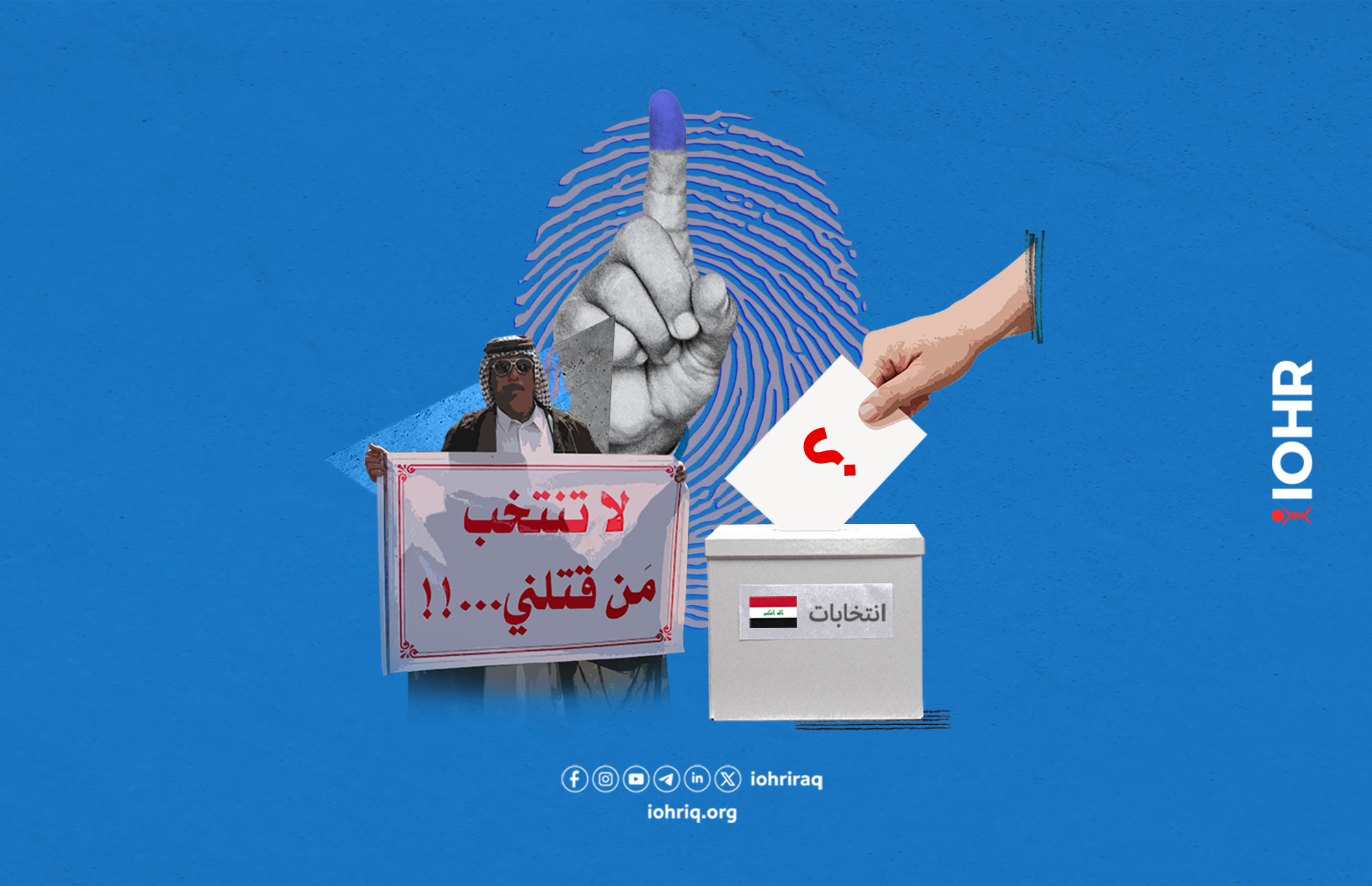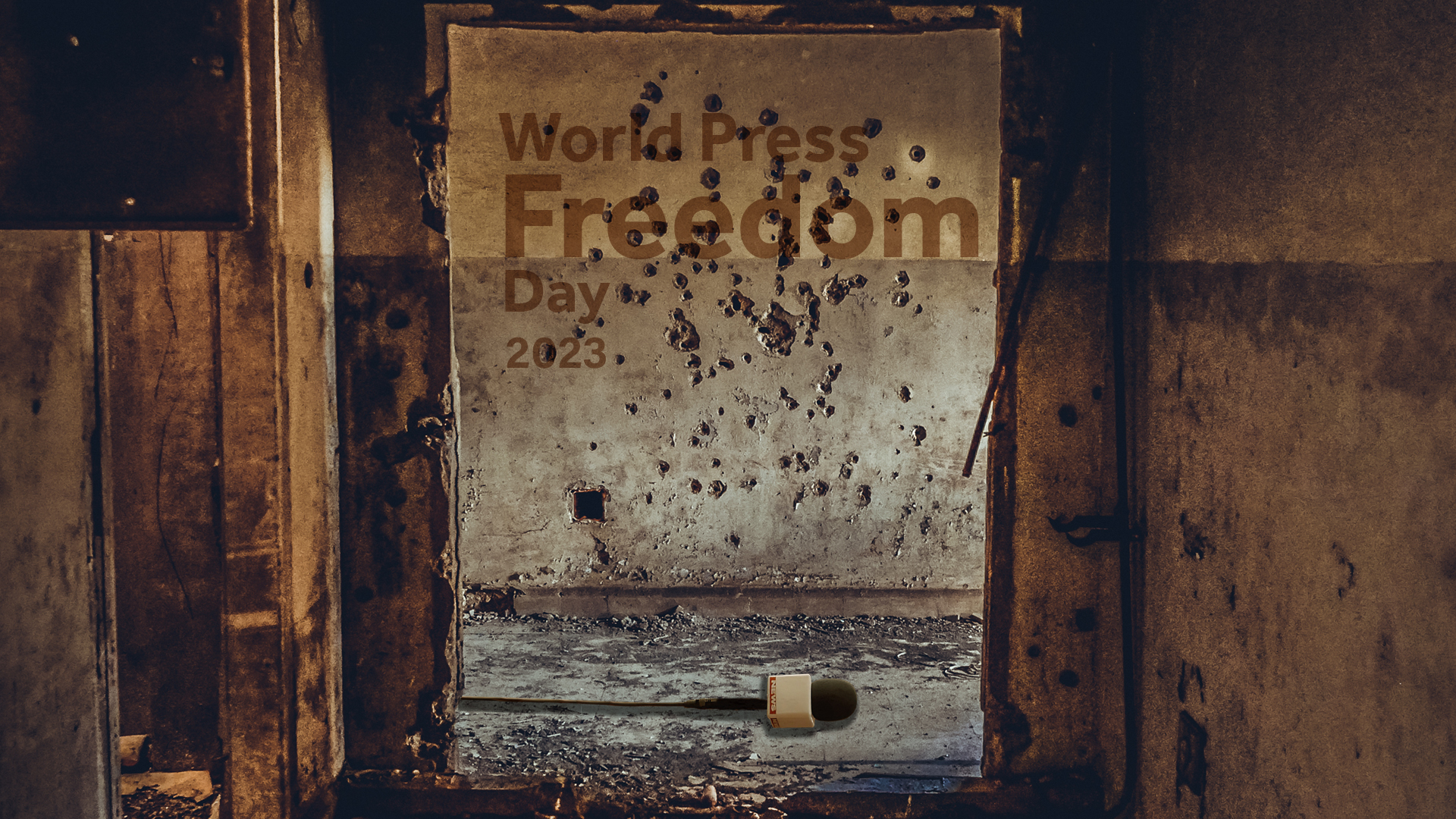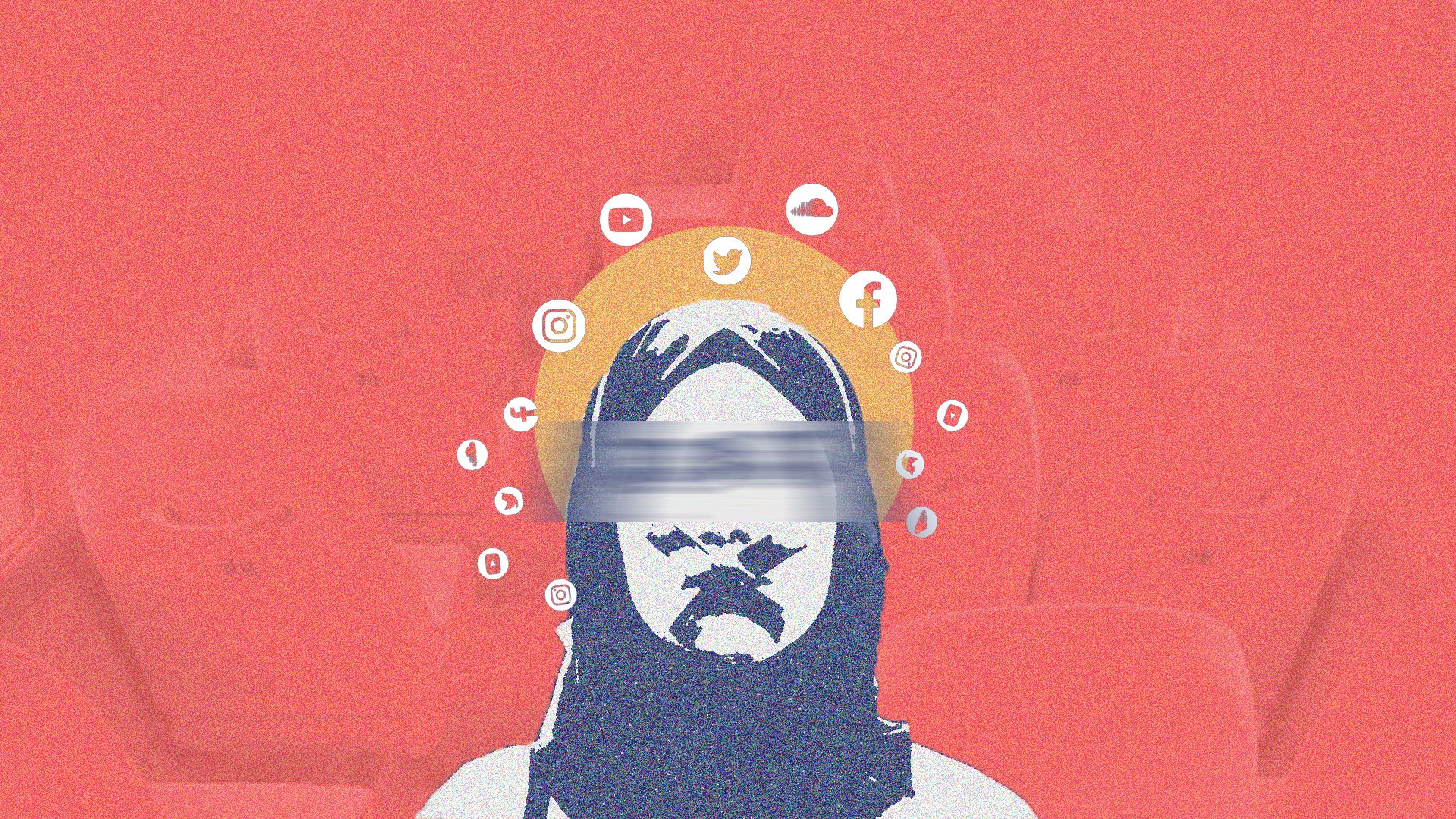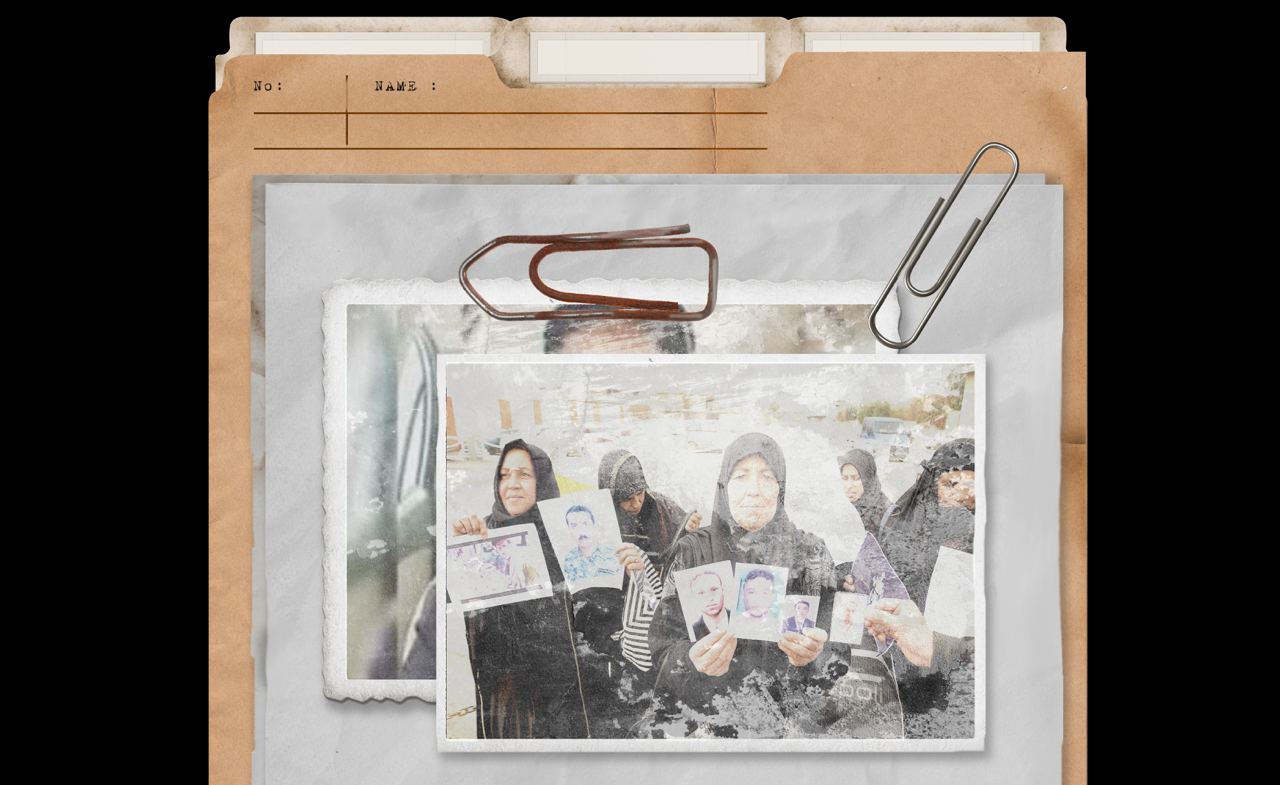Baghdad – May 16, 2025
The Iraqi Observatory for Human Rights (IOHR) has called on the Independent High Electoral Commission (IHEC) to take clear and firm measures to regulate candidate eligibility for the upcoming parliamentary elections. IOHR stressed that eligibility must be based on an explicit commitment to human rights and democratic principles, and that individuals with a record of repression, incitement to hatred, or violations of fundamental freedoms should be barred from running or influencing the political process.
In previous elections, particularly the 2021 cycle, IOHR documented serious violations that undermined the core of the democratic process. These included sectarian and racist hate speech, threats of violence, political and social exclusion, and the use of security and militia influence to intimidate voters and pressure opponents—creating a distorted electoral environment lacking transparency and fair competition.
IOHR, in cooperation with Iraqi civil society organizations and independent monitoring networks, documented over 30 human rights-related electoral violations during the 2021 elections alone, including:
Preventing journalists from covering election campaigns in certain areas.
Using media platforms to incite hatred against religious and ethnic minorities.
Exploiting women and children in election campaigns in degrading and illegal ways.
Public incitement against civil society activists and human rights defenders.
Mustafa Saadoon, Director of IOHR, stated:
“The upcoming elections must not repeat the serious breaches of past cycles. It is unacceptable to allow individuals who thrive on hate speech, sectarian rhetoric, and incitement—or those with a history of violating citizens’ rights—to run for office. Protecting the democratic process begins with candidate eligibility standards.”
He added that IHEC, as the independent authority overseeing the elections,
“bears a legal and moral responsibility to prevent these abuses by enforcing clear criteria that exclude individuals and entities that do not respect democratic values and human rights.”
IOHR emphasized that while the electoral process may appear procedurally sound, it loses its political and ethical legitimacy if it allows those who promote discrimination or threaten civil peace to participate. Democracy is not merely about opening ballot boxes—it requires a safe environment founded on pluralism, free expression, equality, and accountability.
IOHR bases its position on Article 14 of the Iraqi Constitution, which affirms that “Iraqis are equal before the law without discrimination,” and on Iraq’s obligations under the International Covenant on Civil and Political Rights (ICCPR), which protects political rights while allowing restrictions against those who incite violence and hatred.
IOHR calls for the adoption of the following standards for candidate eligibility and electoral competition:
ICCPR, Article 25: The right to political participation does not extend to those who violate human rights obligations.
European Guidelines on Election Integrity: Candidates with poor human rights records should be excluded.
Paris Principles (1993): Allow human rights organizations to help regulate political practices.
General Recommendation No. 35 (CERD): Urges the exclusion of individuals who incite racial hatred from holding public office.
Recommendations:
Introduce a clear condition prohibiting individuals convicted of human rights violations, or those promoting violence or discrimination, from running for office.
Enact a binding National Electoral Code of Conduct prohibiting the use of religion, sect, or ethnic identity as tools of incitement.
Require candidates to sign a written legal pledge to uphold human rights principles throughout their campaigns and to accept accountability.
Activate rapid monitoring and sanction mechanisms for any rights-based violations, including disqualification.
Officially involve civil society in election observation and coordinate with IHEC to publish public reports on candidate behavior.
Publish a transparent public register of candidates, detailing their human rights records and any affiliations with corruption, repression, or violence.
IOHR believes that the upcoming elections must serve as an opportunity to rebuild public trust and correct the democratic course, which has been eroded by impunity and the repeated return of figures who have shown no commitment to the values of citizenship.
Excluding inciters and violators from the electoral process is not only a legal requirement—it is a vital step toward achieving justice, ending violence and incitement, and preventing further human rights abuses.
IOHR will continue to monitor the upcoming electoral process, document any violations affecting rights and freedoms, and publish its findings to ensure transparency and accountability, while supporting IHEC in carrying out its mandate independently and effectively.




